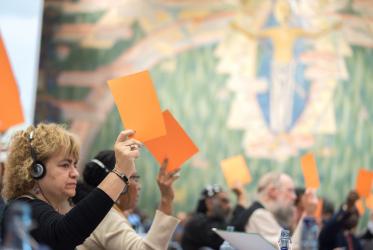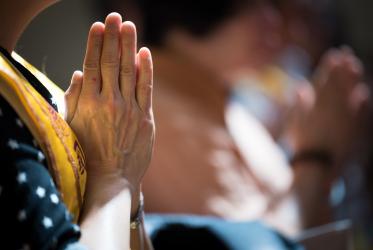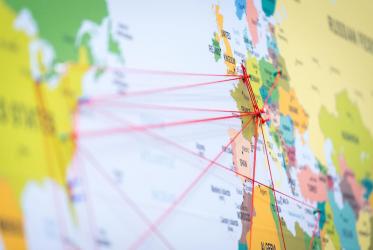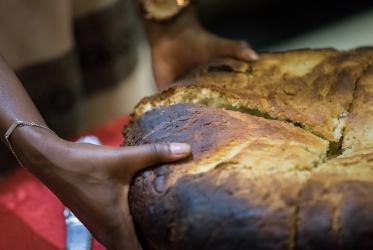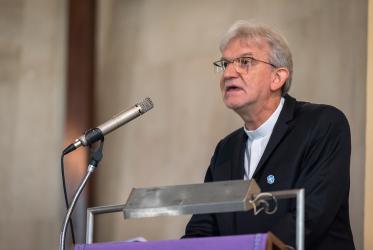Displaying 121 - 140 of 238
WCC urges: “give highest priority to protect life”
21 March 2020
WCC urges: “give highest priority to protect life”
21 March 2020
Faith communities vital in overcoming hunger
18 March 2020
CCIA meets in Brisbane with focus on Pacific regional priorities
19 February 2020





